In a study done by the University of Southern California it was found that out of 30,000 characters from top grossing movies, approximately 75 percent were white. This perfectly captures the inequality in the film industry. Writers and producers continuously argue that they cast characters as white because the public finds them more relatable. While that is a problem in its own, this means that minority races are marginalized by Hollywood productions. Worse off, when there are minority representations they are stereotypical, focusing on ethnic experiences rather than universal ones. In terms of black representation it seems that the same narratives are constantly being recycled. Listed below you'll find five trends that need to be retired by the movie industry.
1. Everybody's best friend.
If I had a dollar for every movie or TV show that featured an “ethnic” best friend and white protagonist, I would be able to afford not only my college tuition, but also that of my closest friends. African American actors and actresses don’t get written in as the main character very often. The effect this has is that it subconsciously tells us that we are less important and meant to be in the background. Out of the 100 top films of 2014, 12.5 percent of the roles were written for black characters -- and yet minorities make up 40 percent percent of the population. It’s time Hollywood started acknowledging that.
2. Baby mama drama.
From a young age women of color see themselves portrayed on TV as baby mamas over and over again. This repetition devalues women of color as they’re seen to be a dime a dozen. This isn’t the message we want children to see. Why are there so few doctor, lawyer, or marketing executive roles for African American women? The unbalanced representation gives the impression that women of color belong in a bad neighborhood, holding a baby while the “father” does whatever limiting role has been written for him dictates.
3. Slaves, slavery, and more slaves.
Whether it’s "Roots," "Twelve Years a Slave," or "Django," I’m tired of seeing the history of African Americans being limited to slavery. Yes it is important to educate and describe the horrors of that era, but Black history is so much more than the slavery, the civil rights movement, and our fight for freedom. I want to see a movie about African queens, influential black scientists, or any other subject that paints blacks in a more positive and powerful light.
4. The melanin maximum.
African American people can be various shades of
brown, all of which are beautiful, from a light caramel to a deep cocoa. Yet
you would never know this to be true looking at modern culture. The majority of
black representation in the media presents individuals with lighter skin tones,
usually with the insinuation that they are partially white. This is problematic
because it implies that darker skin tones are less attractive and that there is
shame to be had in being fully black.
5. One in a million.
Everyone loves an underdog, including myself, but why does that seem to be the most common scenario for black actors and actresses? I find the “rising up against all odds and making it out of the hood” narrative to be exhausted. While this is a relatable depiction for some, it is important to recognize that not all African Americans experience this storyline. What’s even worse is that the protagonist is usually the only one to see success, meaning all the other characters are stuck in whatever real or fictive hood they’ve been placed in. This stereotype diminishes black success while teaching the discouraging lesson that “escaping the hood” is not only unlikely, but also almost impossible.
Black representation in modern media is extremely problematic. Not only does it affect the African American youth, but also the whites watching these portrayals. In perpetuation these stereotypes, Hollywood is allowing the continuation of close-minded thinking and hurting the self-esteem of children everywhere. Major changes are in order so that we may break the cycle of prejudices, as well as start a new era of tolerance and self-love.




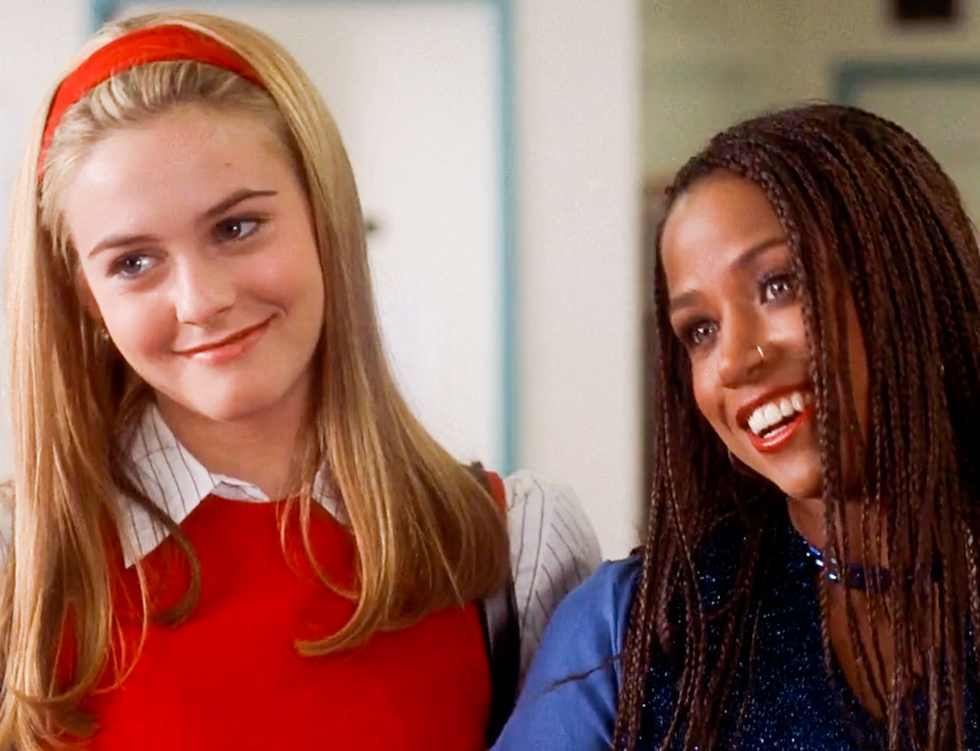
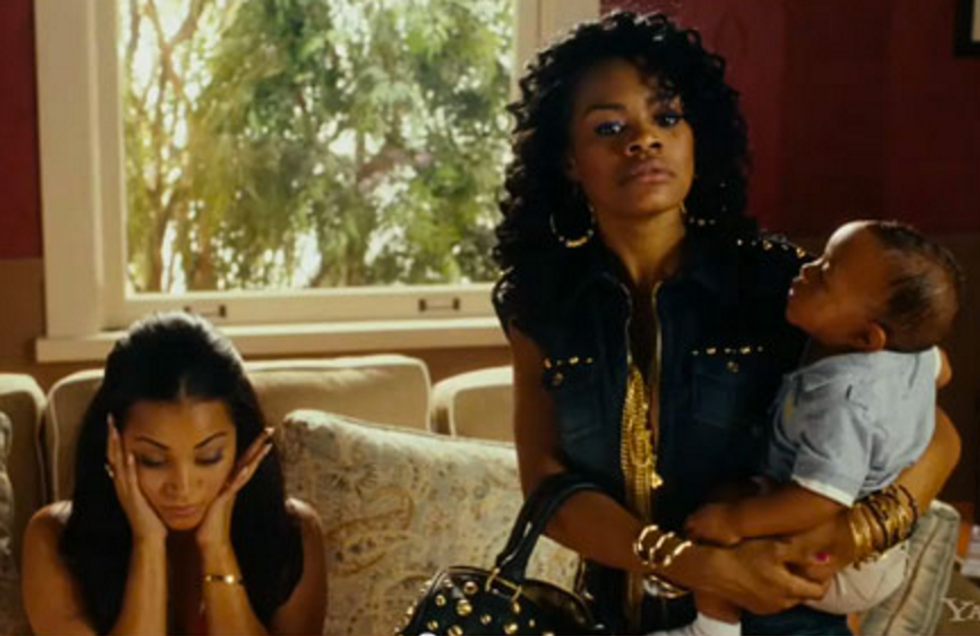
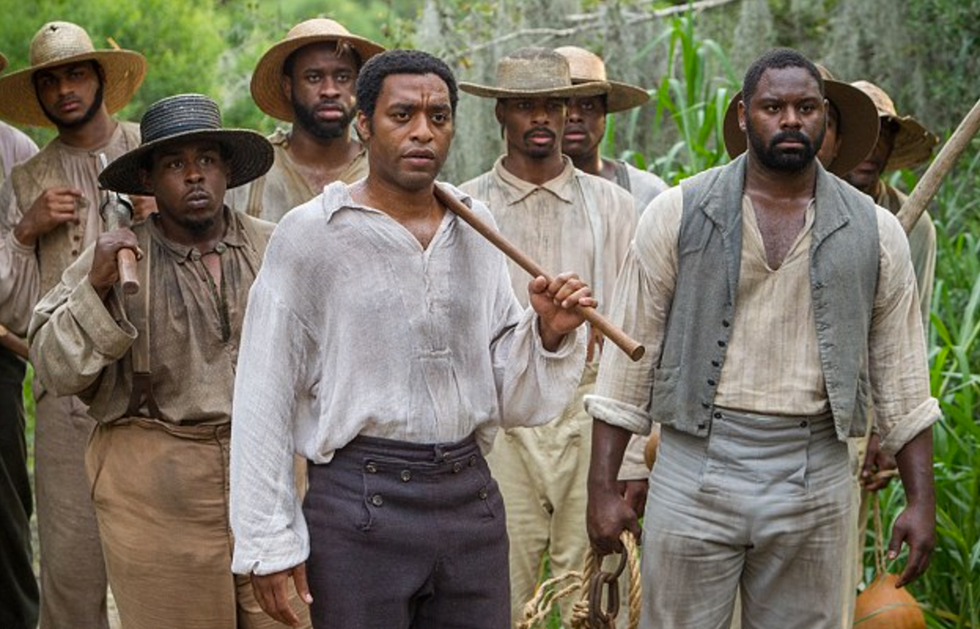
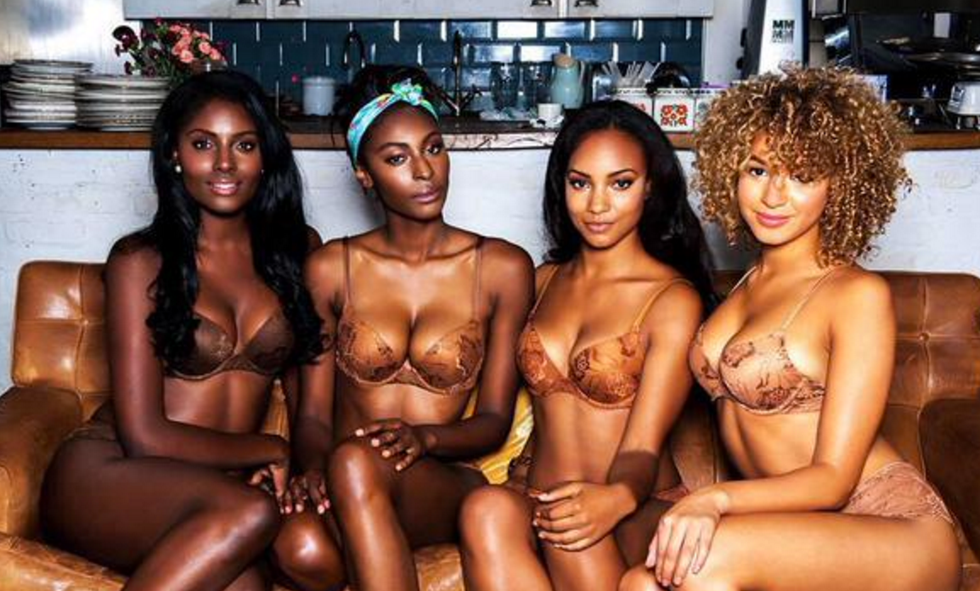
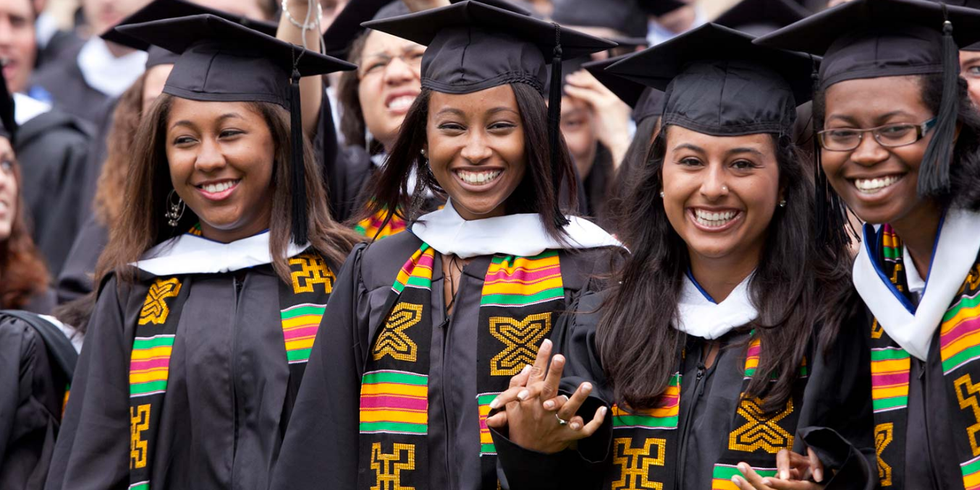
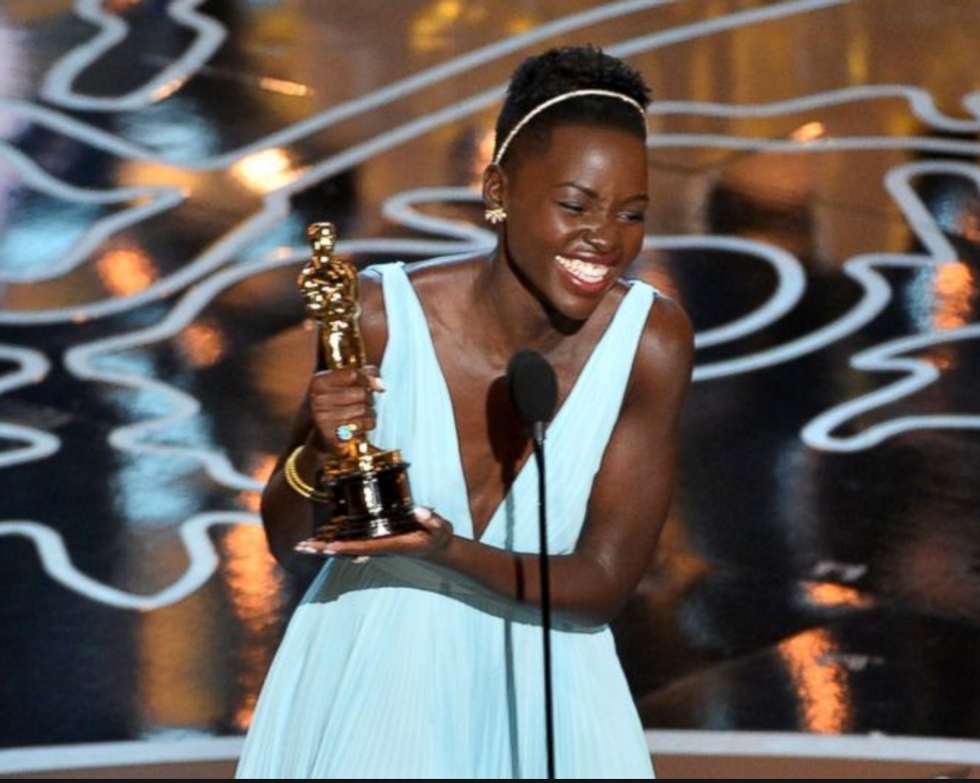



 mr and mrs potato head
StableDiffusion
mr and mrs potato head
StableDiffusion










